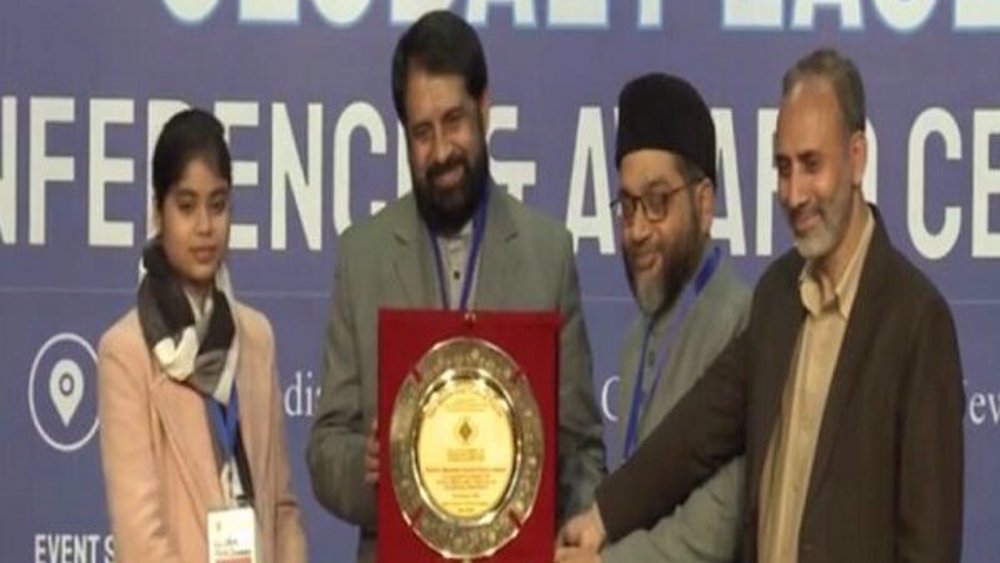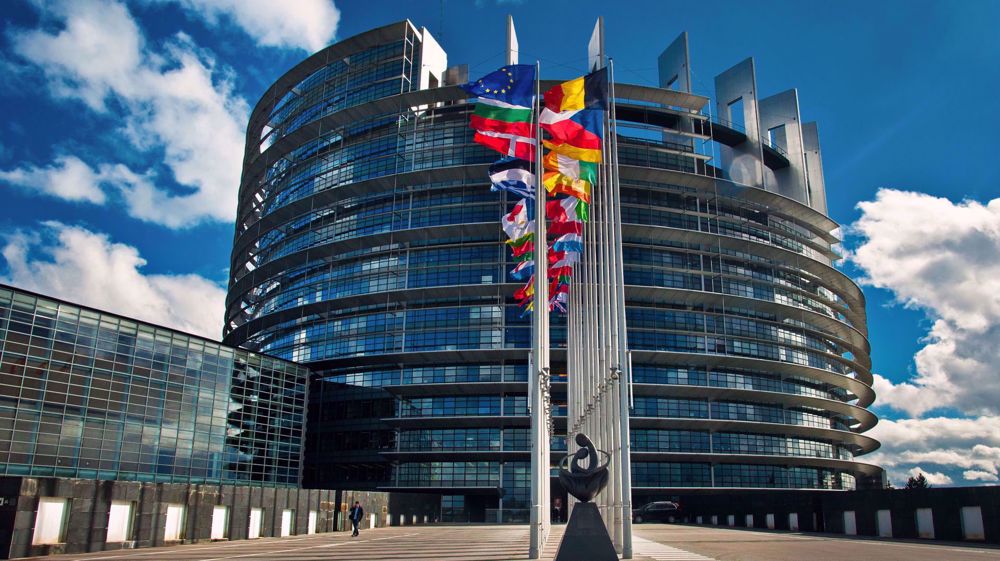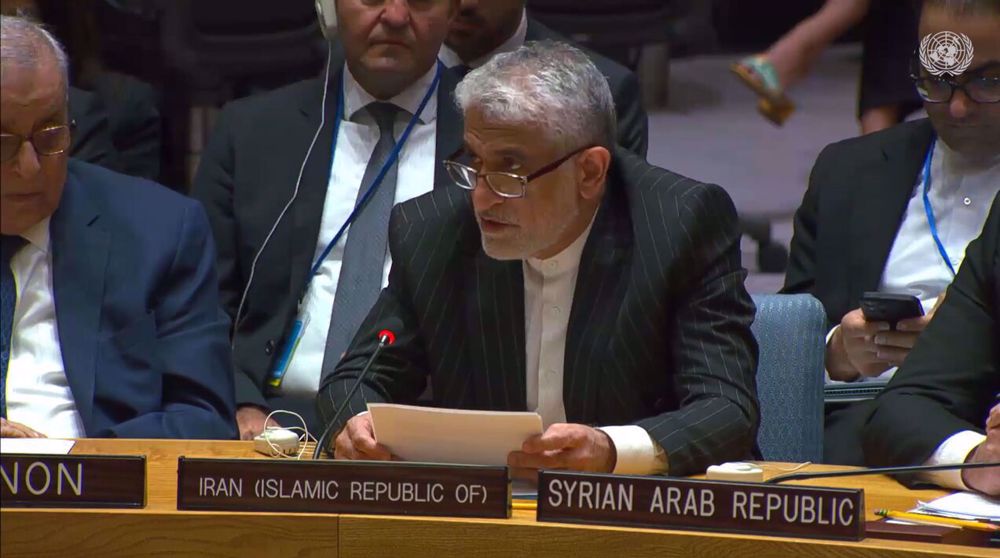Iran unconcerned who will become next US president, looks at policy
The Foreign Ministry says Iran is unconcerned about who will become the United States’ next president and only looks towards the US administration’s political choices.
“More than [paying attention to] the results [of the US elections], we pay attention to the US administration’s actions,” and the policy that it will adopt, ministry spokesman Saeed Khatibzadeh said in Tehran on Monday.
The official was speaking on the eve of the US presidential elections that are being contested by Democratic and Republic candidates, Joe Biden and Donald Trump.
Under Trump, the US left a historic multi-party nuclear deal between Iran and other countries that is officially known as the Joint Comprehensive Plan of Action (JCPOA). Washington then returned the sanctions that the deal had lifted and began forcing other countries into committing to the bans too.
Both actions defied the fact that the JCPOA has been ratified in the form of a United Nations Security Council resolution.
Khatibzadeh said if the incoming administration, regardless of whoever will be at its helm, chooses to compensate the Islamic Republic for the damage it has done through the sanctions, reverses its steps, and “stops the terrorist war” that it has launched against the Iranian nation, “it can return to the framework" of the agreement and reclaim its place alongside others.
The official, meanwhile, strongly rejected allegations of hacking with an intention to meddle in US elections, saying Tehran is “not interested” in such acts of interference.
History, the spokesman added, itself testifies to the fact that it is actually Washington that has meddled in Iran’s political affairs in the past.
He was referring to the US- and UK-engineered 1953 coup against the democratically-elected government of Mohammad Mosaddeq, who had nationalized Iran’s oil industry.
French insult, terrorism two sides of same coin
Separately, the spokesman referred to French President Emanuel Macron’s repeated insults against Islam in recent months.
In September, Macron defended the right to blasphemy in France after French satirical magazine Charlie Hebdo republished sacrilegious cartoons of Prophet Muhammad (PBUH). On October 2, he claimed in a speech that Islam was “in crisis globally” and announced his plan “to reform Islam” to make the faith more in line with French values.
Later, Macron supported a French teacher’s displaying of cartoons insulting the Prophet in his class. “France will never renounce caricatures,” Macron declared, defending the teacher for “promoting freedom.”
The French president’s effrontery has angered Muslims around the world, with numerous Muslim states and leaders condemning him and people protesting in thousands. Many Muslim companies and associations have also boycotted French items in protest.
Leader of the Islamic Revolution Ayatollah Seyyed Ali Khamenei, President Hassan Rouhani, the Iranian parliament as well as numerous other Iranian officials have condemned Macron’s remarks. The Foreign Ministry has also summoned France’s chargé d'affaires, and Iranian embassies in Muslim countries have been discussing the matter with their authorities.
“We do not brook insult against prophets, especially the Prophet of Mercy. This is a vicious cycle, whose other aspect consists of the terrorism that has been bred by the same Western states,” Khatibzadeh said.
He, however, said the French president appeared to “have retreated” from his position and hoped that Paris retraced its wrong steps.
The spokesman was referring to an interview with Al Jazeera that the Doha-based television network aired on Saturday, in which Macron claimed he “understood” the Muslim rage.
Zarif to go on Latin American tour
Khatibzadeh announced that Zarif is to go on a tour of Latin America as of Tuesday that will take him to Bolivia, Cuba, and Venezuela.
The spokesman also declared that Tehran is prepared to restore its diplomatic relations with Bolivia to the former level.
Last year, Bolivia’s President Evo Morales was forced to resign under pressure from the military and after US-backed opposition challenged his electoral victory. Morales then went into exile in Mexico and is currently residing in Argentina.
Morales’ largely-indigenous Movement for Socialism (MAS) won Bolivia's recent presidential elections, ending the year-long interim presidency of rightist Jeanine Anez, who is strongly supported by Washington.

Iran receives international peace award in India for supporting Palestinians

Iran repudiates European Parliament’s human rights accusations

Iran rejects 'baseless' Israeli accusation of smuggling arms to Lebanon
Iran starts $528 mln project to develop oilfields near Iraq border
Israel’s war on Gaza put back development by 60 years: UNDP
VIDEO | Massive demos for and against embattled Yoon rattle Seoul
Dutch embassy in Tehran flagged for excessive electricity usage
VIDEO | Iranian artists works exhibited in Vienna
Hezbollah condemns ‘unjust’ US decision to blacklist Yemen’s Ansarullah
VIDEO | Press TV's news headlines
Who is Mohammed al-Tous, ‘dean of Palestinian prisoners’ released by Israel?











 This makes it easy to access the Press TV website
This makes it easy to access the Press TV website